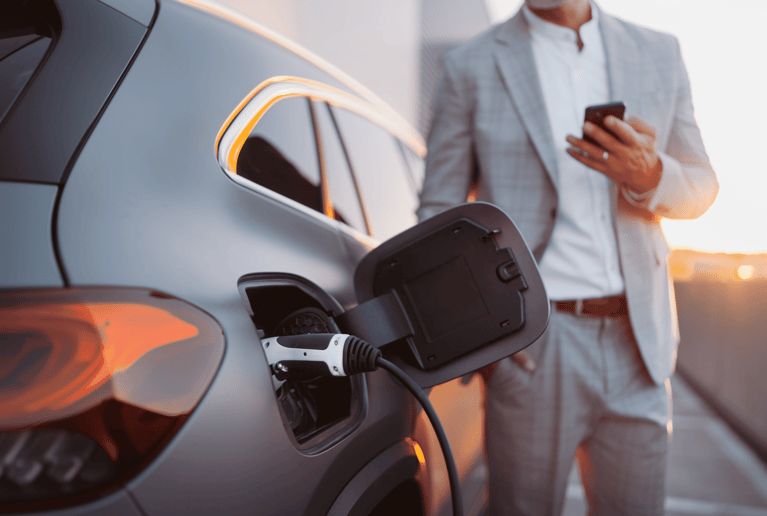How Electric Vehicles are Changing the Economic Industry & Environment

Electronic Vehicles (EVs)
Electronic vehicles (EVs) have changed the course of the future. They have transformed the automotive industry, impacting how Americans travel and our economy. Over the past decade, this surge has the potential to fuel a brighter American economy and support the environment's health.
As EV solutions continue to develop, our team at Associated Environmental Systems (AES) remains at the heart of innovation. We stay tuned to the ongoing battery evolution that drives battery testing. As the future of tomorrow continues to be written, learn more about the possibilities EVs could create.
How EVs Power the Future of Transportation
Gasoline costs across America continue to soar and remain high. As consumers become more frustrated by gasoline prices, interest in making the switch to electric becomes more apparent. Not only does this transition to EVs benefit the consumer, providing cost efficiency and improved performance, but this shift could benefit the U.S. economy. Since rising oil prices can contribute to recessions, the EV transition could reduce our vulnerability to oil price shocks. Powering our transportation with energy sources that support the U.S. electricity grid could snap the unsteady link between oil prices, geopolitical relations, and the health of our economy.
As the world changes—economically and environmentally—automotive manufacturers are pushed to improve their production growth and invest in new research that creates more cost-efficient and innovative solutions. As a result, there is a greater emphasis on electronic vehicle battery testing. Even though lithium-ion batteries have revolutionized the ability for cars to drive longer on a single charge, EV batteries, such as prismatic cell batteries and solid-state batteries, could lead to the creation of a longer-lasting battery and strengthen the economy.
The U.S. Government's Role in the EV Industry
In the midst of change, the U.S. government is working alongside the EV industry, providing incentives for consumers and manufacturers across the country. Just recently in August 2022, the Inflation Reduction Act was passed, guaranteeing tax credits for qualifying EV purchases. For those who qualify, a $7,500 tax credit is offered. This incentive plan is part of President Biden’s administration goal of reaching a 50% EV target of sales shares by 2030. As a result, EV sales in 2022 hit the milestone of 10 million EVs sold—a staggering figure.
How EVs Support the Health of Our Environment
While EVs are undoubtedly a provider of torque and appeal, they help safeguard the environment. According to the U.S. Department of Energy, EVs are more energy efficient because they convert over 77% of electrical energy into power at the wheel. Compared to gasoline-powered vehicles, which convert up to 30% of energy into power. All-electric vehicles also produce zero tailpipe emissions, a pivotal fact that once more proves their capability to help our grid become greener. If the country came together to remove gasoline and diesel-powered vehicles, this could drastically speed up the transition to EVs and benefit the Earth.
Invest in Tomorrow with AES
AES’ battery chambers and integrated solutions are designed for an ever-changing landscape. Consider our products, including our ATPHEAVY and ATPHEAVY Adaptable battery testing solutions expertly engineered for high amperage batteries. ATPHEAVY ADAPTABLE is an adaptable battery testing solution created to adapt to the ever-changing landscape of the battery testing industry. The test surface can be adjusted for different battery formats and sizes, and the holders and cables can be interchanged depending on your amperage requirements.
For all your EV battery testing needs, call us at 978-772-0022 and request a quote today.
Meet the ATP Adaptable



